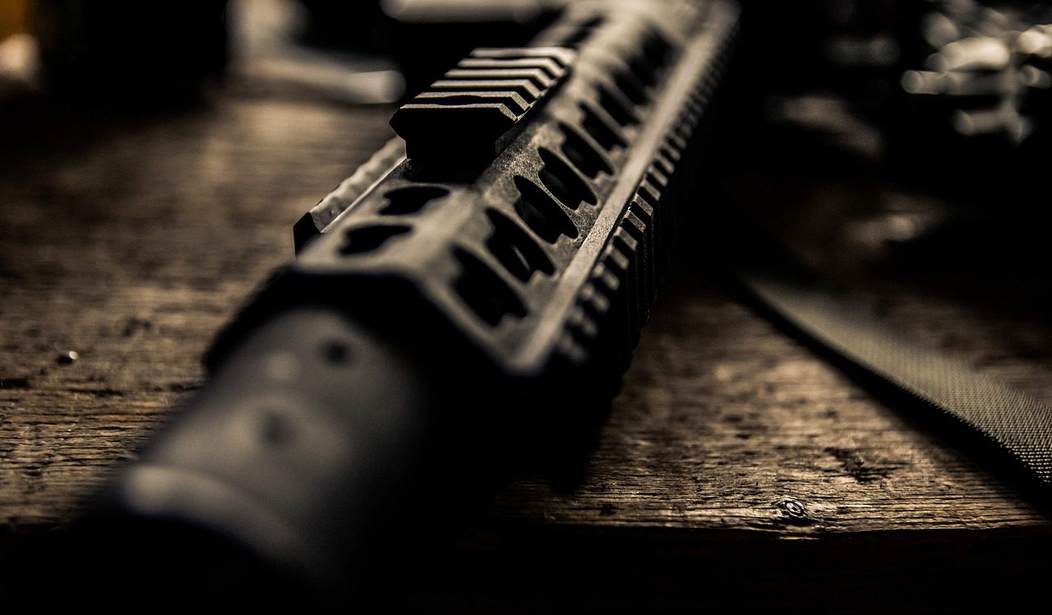When you hear gun control rhetoric, those spewing it will sometimes talk about the poorer communities. These are the ones more likely to be plagued by so-called gun violence. They make it seem like we need to restrict our Second Amendment rights because the poor need it.
However, the idea of gun control has nothing to do with the poor. Instead, as the folks at the Foundation for Economic Education reminds us, it has everything to do with the privilege of those who demand it.
Now, progressives are typically pretty good at pointing out places where privilege is leading to blindness and hubris (indeed, they often see privilege even where it doesn’t exist). But there’s one occurance of privilege that always seems to get a pass, and that is the privilege associated with gun control.
Out of Touch
Consider, for example, someone who’s from a wealthy, safe neighborhood. They know very little about what it’s like to live in a high-crime area. They have probably never been robbed or threatened with violence from a total stranger. And if they do face threats, they have no qualms with calling the (armed) police who are usually responsive and happy to help.
Now compare that to the experience of someone from a rougher part of town. First, the cops there are probably not as responsive. What’s more, the cops can often become antagonistic, poking their nose where it doesn’t belong (see below) and sometimes arresting the very people they arrived to help.
Unsurprisingly, confidence in police is noticeably lower in these communities.
So what do you do if you live in a high-crime area where you can’t trust the police to help you? For many, the answer is to buy a gun. Indeed, 88 percent of gun owners cite crime protection as one of the main reasons they own a gun, and people who have been recent crime victims report higher rates of gun ownership than those who have not been recent victims.
This brings us to the point about privilege. To many people who grew up in these rough neighborhoods, saying “just call the cops” is like saying “let them eat cake.” It isn’t actually helpful advice. It just demonstrates how little we know about their circumstances and how unqualified we are to speak to their issues.
It’s a valid point, much as we may hate to admit it. While anti-police sentiment has been stoked higher and higher by activists and the media, if people in poorer communities had better relations with the police, it likely wouldn’t have mattered.
Instead, they had negative interactions and the seeds were sewn.
Meanwhile, many of those same activists actually think these folks should call the police when they’re in danger.
Absent this, though, there is a sense in many wealthier communities that they somehow deserve special protection. Whenever one of the elite talks about getting a gun, one of their friends will just recommend hiring private security.
For rich people, that’s probably a good idea. Hey, if you can afford it, why not?
But for most of us, we can’t. We can’t afford to outsource our security needs. It’s either buy a gun or pray that the police will show up in time.
Additionally, some folks live in neighborhoods the police don’t treat the same as a Beverly Hills address, either. It shouldn’t be that way, but it is what it is. As such, people have to live with it, and that means having the means to defend themselves.
Gun control is the notion that since you, yourself, don’t think you need a gun, then no one else does.
How is that not a privileged position?
For a bunch of people who tell others to check their privilege, maybe they should check their own before they spew about gun control.








